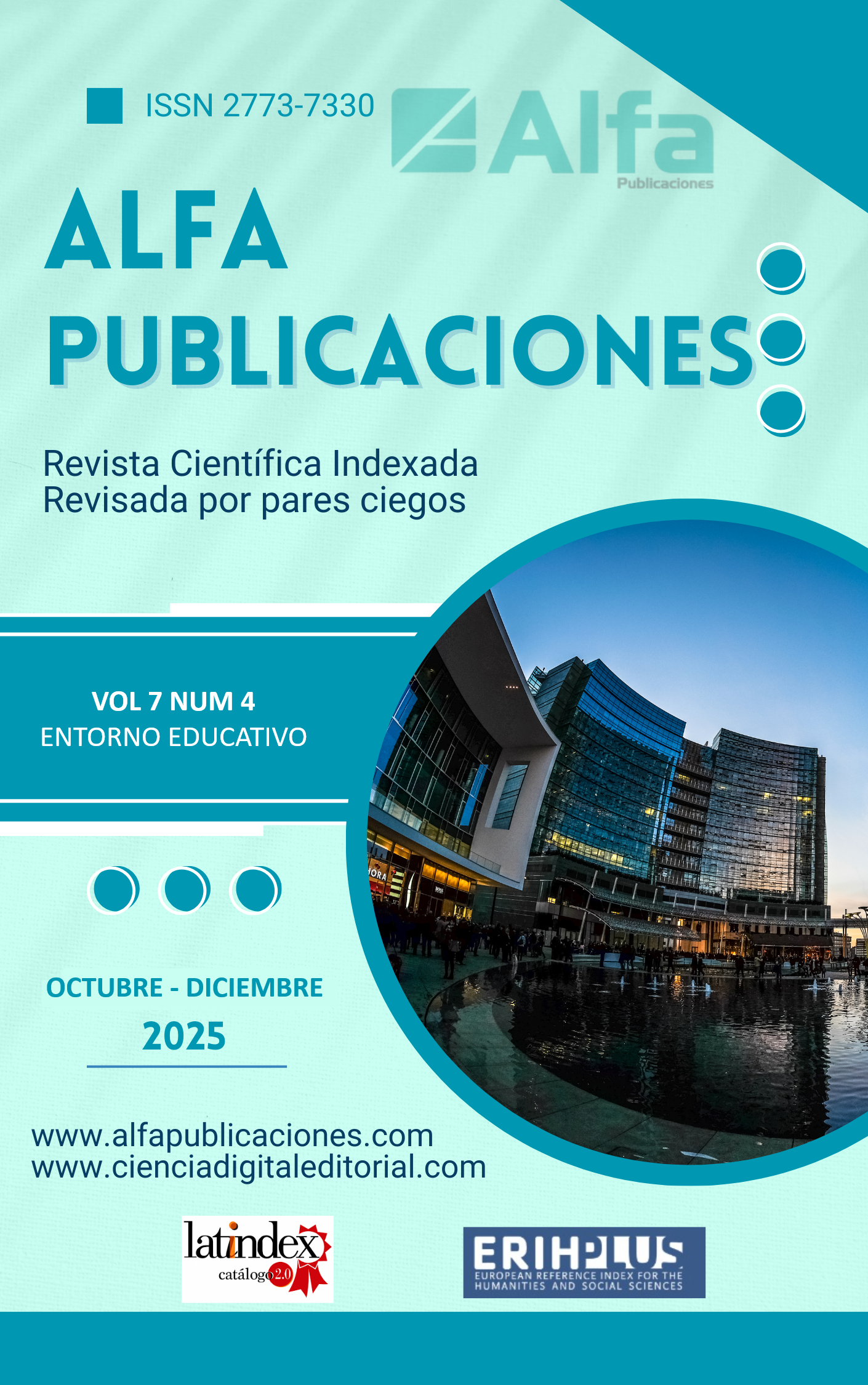Mentimeter as a digital tool for formative assessment by teachers at the National Police University Institute
Main Article Content
Abstract
Introduction: There are teachers who have difficulties in using digital tools in their virtual classes, when using technological tools in their virtual classes. Although education has changed and is now supported by digital platforms, there are still teachers who continue with traditional methods, which makes classes less dynamic and student participation low. Objectives: This research aimed to analyze how the digital tool Mentimeter can support formative assessment in virtual classes, taking as a case the teachers at the Higher University Institute of the National Police. Methodology: The study was developed under a mixed approach, using surveys aimed at teachers, interviews with pedagogical advisors and observations in virtual classes. The aim was to find out what tools they currently use to evaluate, how they apply them and how familiar they are with interactive platforms such as Mentimeter. Results: The findings showed that, although most of them already use digital tools, they often do so without prior training or technical support. Mentimeter turned out to be little known or used in a limited way. Common obstacles were also identified, such as connectivity problems, lack of training and a certain fear of change. Despite this, all teachers expressed interest in receiving practical and useful training, adjusted to their reality. Conclusions: Based on the findings, a proposal was designed, which was validated through pilot. In this way, it was evident that one of the main adjustments made in the proposal was to strengthen formative assessment, especially in the pedagogical use of the digital tool Mentimeter, and thus incorporate more didactic resources when teaching classes, so that the content can be internalized more effectively. Although the proposal has not yet been implemented, it would be ready for application in the entity under study. In addition, its implementation would help to identify adjustments linked to the duration of the modules, the modality of work, and the need to adapt examples according to the areas of teaching, which will progressively enrich the training plan. General area of study: Education. Specific area of study: Pedagogy in digital environments. Type of study: Original articles.
Downloads
Article Details
dssfdsf
dsfdsf

